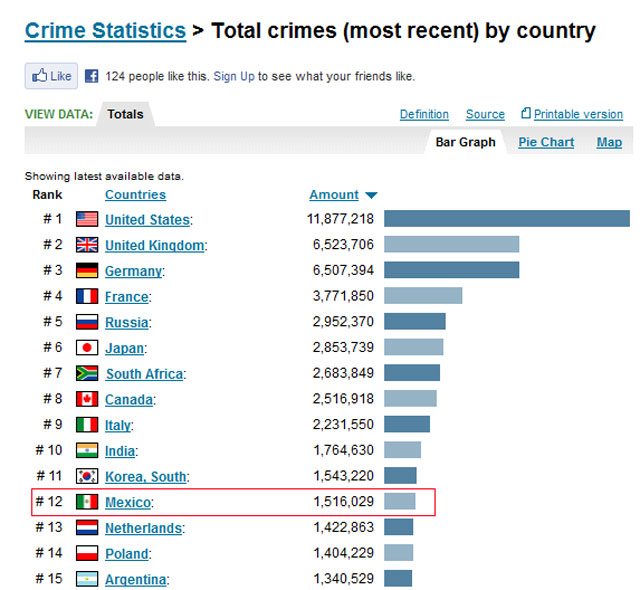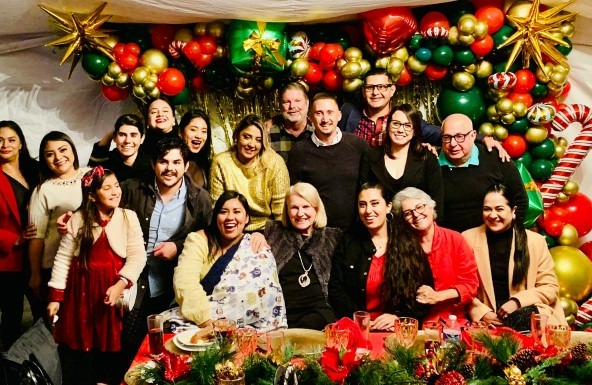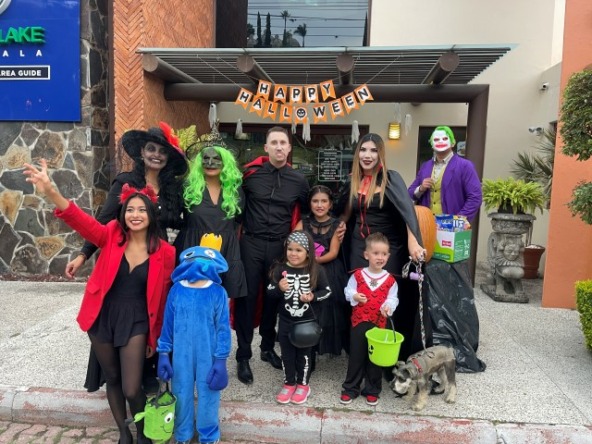As recently transplanted Americans who came to the Lake region for retirement, safety and security was a dominant issue in the months leading up to our leaving the U.S. Given the steady stream of drug cartel violence presented on TV, reinforced by US State Department advisories and the increasingly hysterical concerns expressed by friends and family, we started to lose confidence in our own research and decision to leave for Lake Chapala, Mexico. Fear is a powerful emotion that if left unchecked can quickly grow into paralysis and the abandonment of a dream. Finally, exhausted by these worries, we decided to make the move knowing that we could always return if we found that the Mexico we dreamed of was no longer a reality.
See this chart here: http://www.nationmaster.com/graph/cri_tot_cri-crime-total-crimes
With this as background, here is what we found after a few months of living in the Lake Chapala region. It can be best summed up by a comment I made to my wife as the tragic events unfolded in Aurora, Colorado with innocents once again slaughtered by a lone gunman…I turned to my wife and without thinking simply said “I am so glad that we are here, safe in Mexico.” Now, it would be a mistake to underemphasize the dangers that are in Mexico. The Drug cartels are powerful entities that challenge the long-term stability of a vibrant and democratic Mexican society. However, having lived in New York, Los Angeles, Miami, and other major U.S cities in our lifetime, we can make the same set of generalizations for living in both countries: know neighborhoods to avoid, always be alert, and stay informed of safety issues and threats where you live. And, mindful that we are only just learning about our new home, we proceed with caution. But caution was also our byword when we moved to new cities in the U.S. for job opportunities. And like our U.S. experiences, here at Lakeside we behave differently during daylight than we do at night.
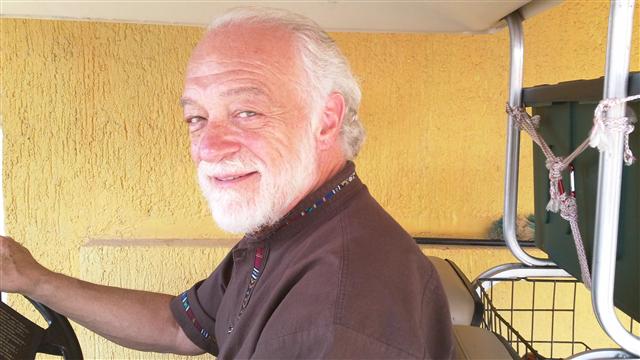
During daylight hours, we always feel safe and at home. Unlike the U.S., we know the number of armed citizens is greatly diminished. This has been a great relief to us. But beyond that, we have come to admire and appreciate the kindness and consideration of our Mexican neighbors. The warmth and concern they exhibit for others is genuine. People here care, and we are quite confident would come to the aid of friend or stranger if ever needed. This is not a feeling we had living in any of our previous U.S. communities.
We live in San Antonio Tlayacapan, adjacent to Ajijic. Rather than a car, we drive a golf-cart. Every day we drive through our mostly Mexican village to get to ex-pat land in Ajijic. Because our speed is more akin to jogging than driving, we have become a known quantity to the locals, who greet us with smiles and good wishes as we exchange expressions of “Buen Dia” along the way. And this spirit seems to pervade the region leaving us feeling comfortable and at home in this non-threatening environment. But HOME here is not another sterile “DISNEY THEME PARK.” This is a real village with the downside one expects to find …crime although rarely ever violent, is here in the form of burglaries and robberies, all typical of what you encounter in the U.S. and Canada. And, like living in all small towns without a great preponderance of foot-traffic and without a hovering police presence, we rarely venture out at night unless we have a specific destination or leave home to visit newfound friends. While we enjoy wandering during the day, we do not stroll through the streets or along the lake at night, but again this is the same behavior we exhibited in the States.
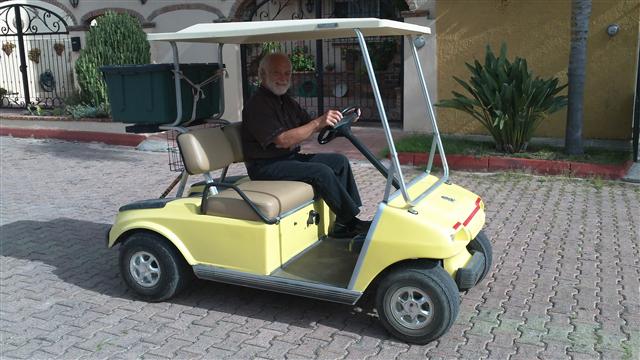
So like the Canadians and Americans we have met at Lakeside, we feel comfortable in our surroundings and use the same good sense we used back in our own home countries. Do we have any plans of returning to a life in the US? Not if we can help it.
By Steven Seligman
Check out what the rest of the world is saying about safety in Mexico and Lake Chapala:


